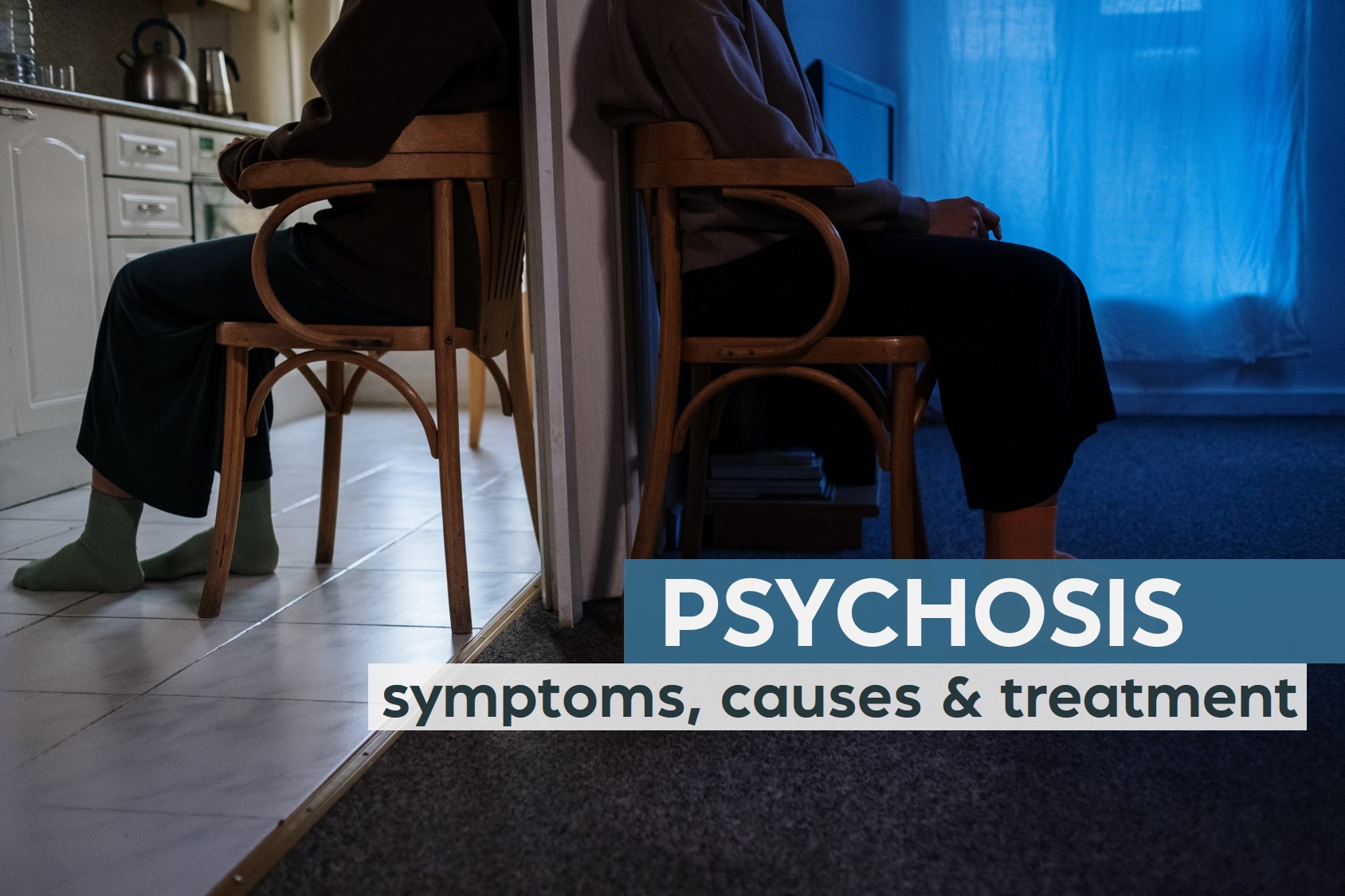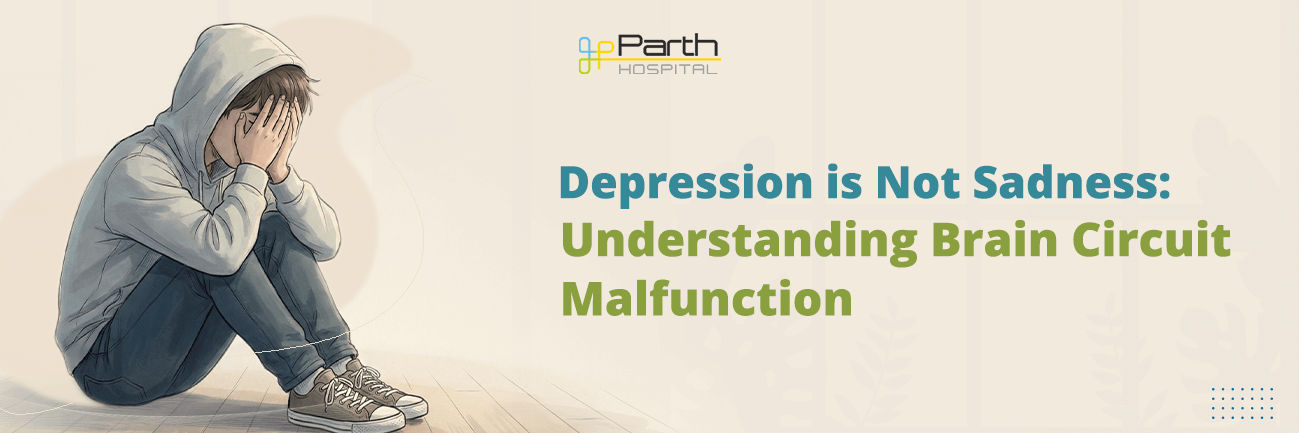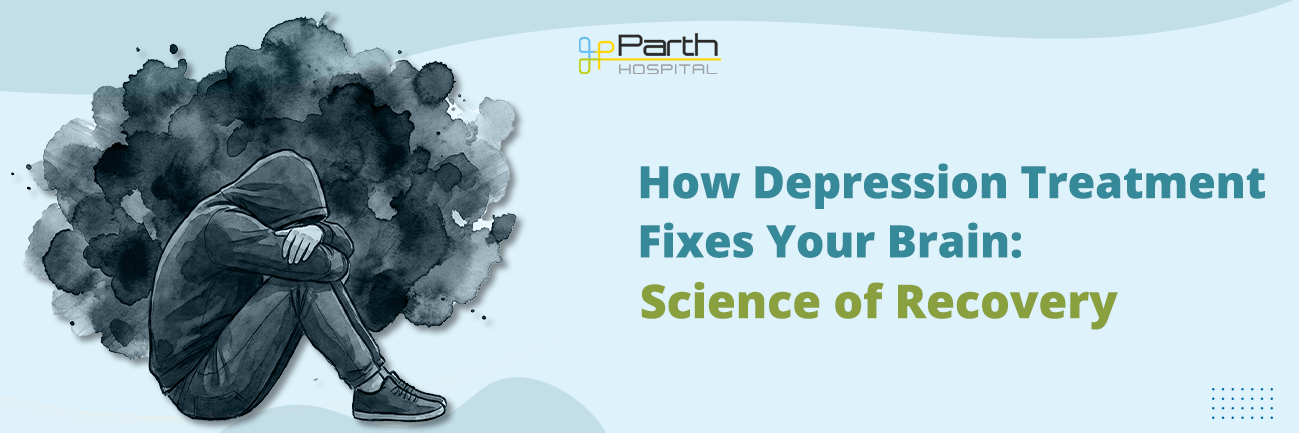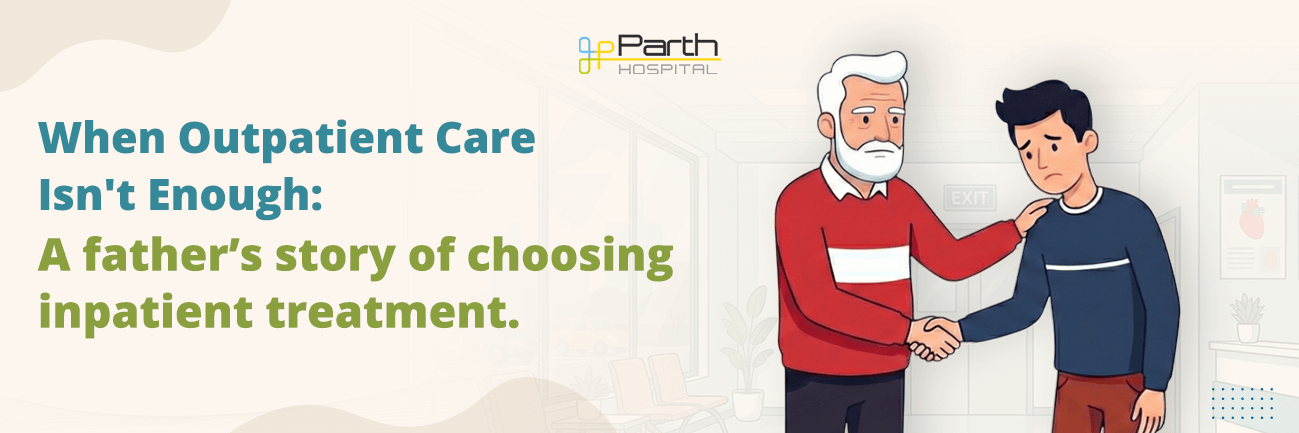A mental disorder characterized by a disconnection from reality.
What is psychosis?
Psychosis involves a loss of contact with reality and can feature hallucinations and delusions. It is a symptom of schizophrenia and bipolar disorder, but there are many other causes. they find it impossible to determine what is real and true.
People with psychosis may:
- hear voices
- see people or items that are not there
- smell odours that other people cannot detect
They may also believe that they are in trouble, someone is chasing them, or they are very important when these situations are not the case. A person may not be aware that they have psychosis because the delusions feel real to them.
Symptoms of Psychosis include:
- Hallucinations – Hearing, seeing, smelling, or feeling things that aren’t real.
- Delusions – Persistent false beliefs, which don’t change even in the face of evidence to the contrary.
- Disordered thinking – Difficulty thinking or concentrating, racing and jumping thoughts, incoherent speech.
- Mood changes – Unusual changes in mood, from aggression or anger to depression or anxiety, flat affect, or otherwise inappropriate emotional responses.
What causes psychosis
Nobody knows exactly what causes psychosis. Psychosis can be:
- part of a neurological condition such as dementia, Alzheimer’s or Parkinson’s,
- triggered by a brain injury,
- a side effect of medication,
- an effect of illegal drugs such as cannabis, or
- an effect of illegal drugs or alcohol withdrawal,
- triggered during times of severe stress or anxiety.
Can Psychosis go on its own?
If the psychosis is a result of an underlying mental health disorder, it is unlikely the psychosis will go away naturally. Studies have found that shortening the time between the first psychotic episode and when a person receives treatment can help improve their overall success with treatment. The length of time for psychosis to go away following the start of treatment can also be shortened by seeking treatment early after symptoms start to occur.
Length of Different Types of Psychosis
Take for example a brief psychotic disorder vs. schizophrenia. A brief psychotic disorder lasts for one month or less and usually only occurs once, whereas schizophrenia is defined by symptoms or its precursors that lasts for a period of six months.
The Importance of Early Psychosis Treatment
Studies have shown that the earlier treatment is initiated for psychosis, the better the long-term outcomes for the patient. The duration of untreated psychosis, or DUP, is measured as the time from the beginning of psychotic symptoms to the time a person starts treatment for those symptoms or a diagnosed condition.
There is strong evidence that treatment for psychosis is more effective the shorter the DUP is. Patients treated sooner see better improvement in symptoms, have a better quality of life after treatment, and have improved functioning, as compared to those who have long DUPs. In the U.S., the average DUP is longer than what is considered to be acceptable by international standards.
Source/s:
Banner Image Source: www.pexels.com







